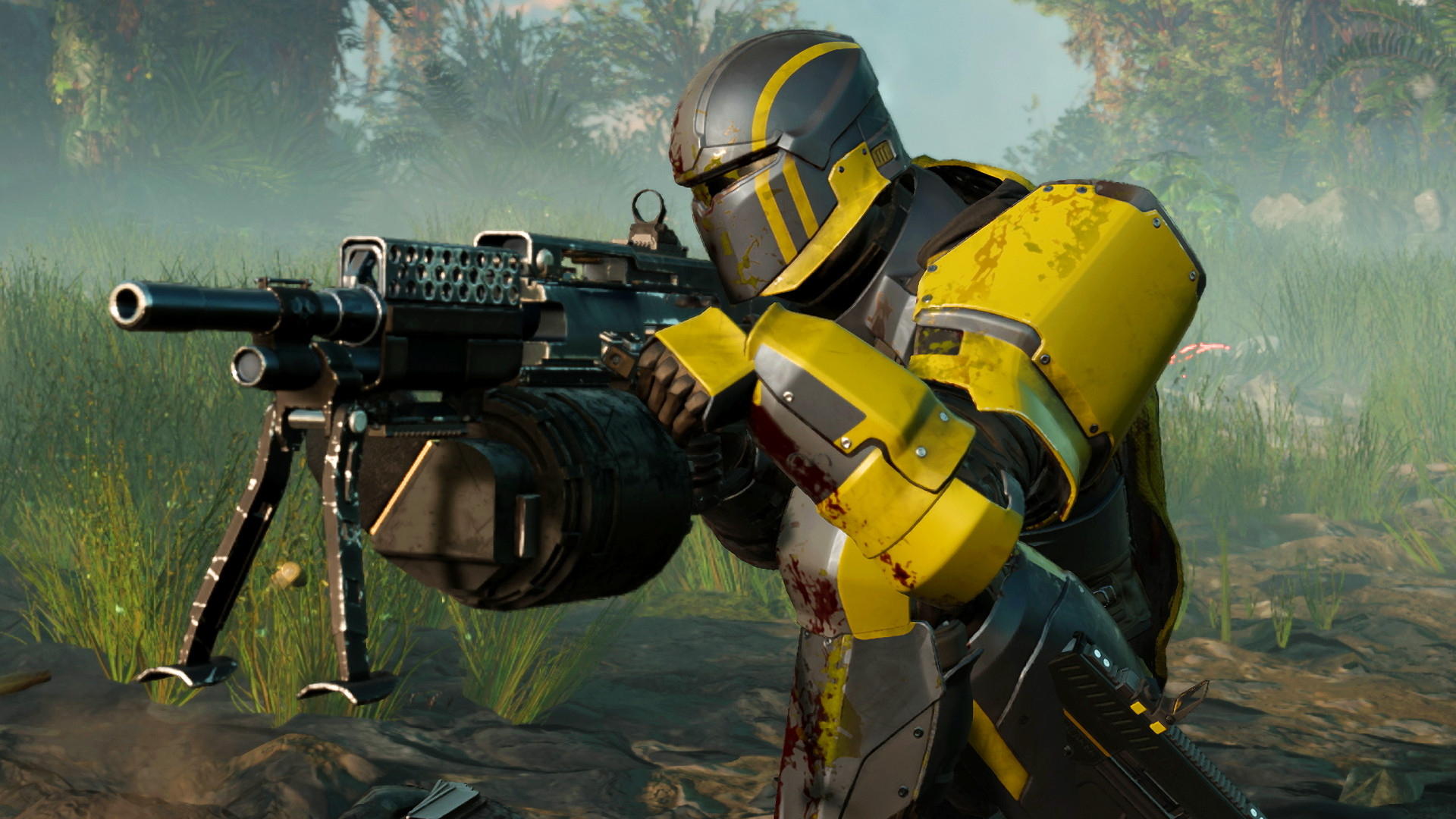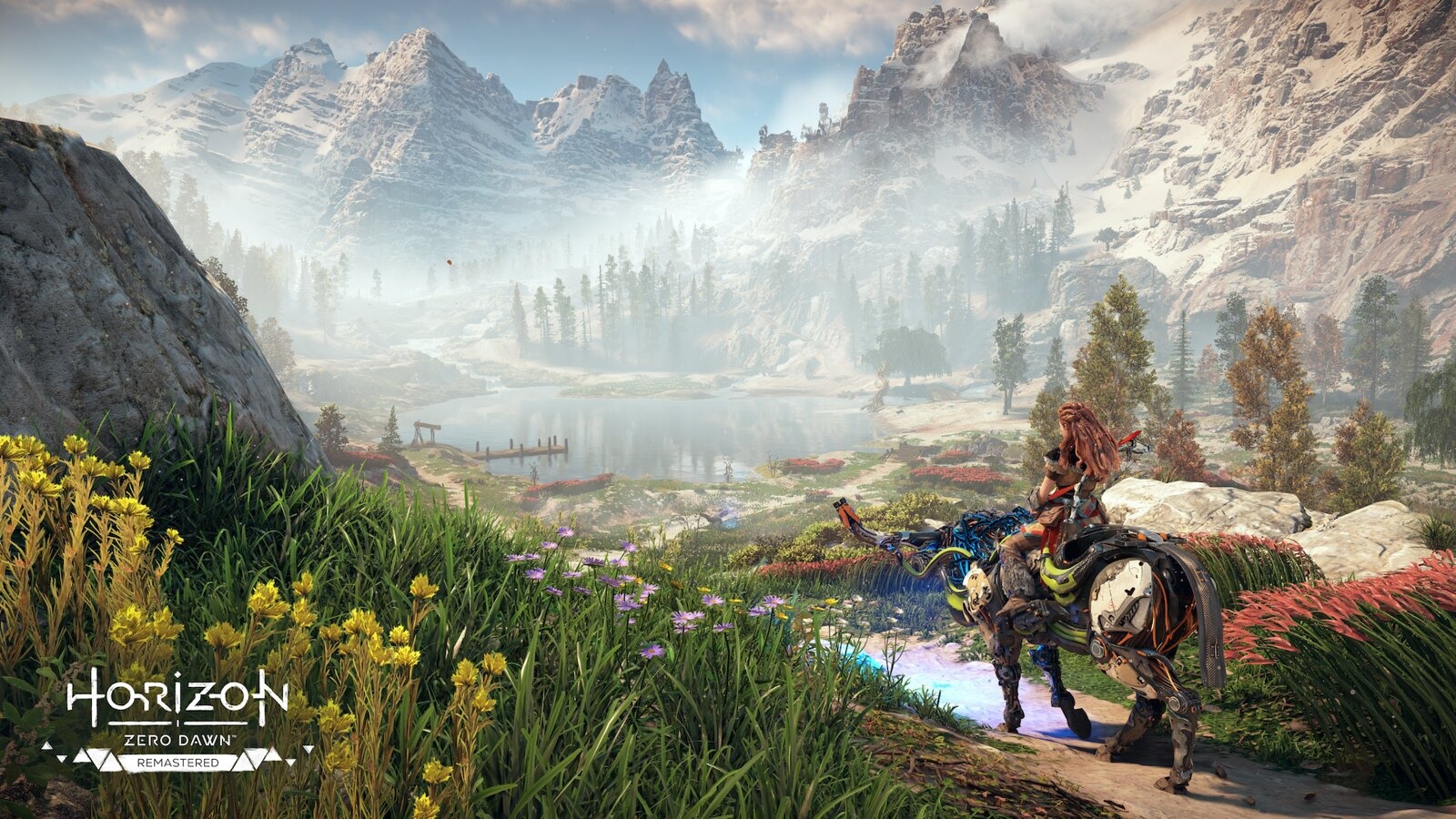PlayStation was once aiming to have 12 first-party live service games all operating by 2026, with revenue from these games providing over half of Sony Interactive Entertainment’s revenue.
Of course, Sony’s thought process back in 2022 — the majority of its games are big and increasingly expensive single-player titles that don’t generate recurring revenue, so shore up and invest to fortify the multiplayer side of things — is reasonable enough.
The company did have some existing live service franchises in the form of Polyphony Digital’s Gran Turismo racing games and San Diego Studio’s MLB games, but it wanted to expand well beyond that, even bringing in Bungie as a full multiplatform developer while bringing live service PlayStation Studios games day one to Windows PC.
Yet years down the line from this original claim, it’s abundantly clear that this isn’t going to happen. A bevy of studio closures and game cancelations have thrown this initiative off course, leading to a number of questions about what’s left. To set the stage, here’s a quick recap of every live service project from PlayStation that we know of and what has befallen over the last few years:
- Arrowhead Game Studios – Helldivers 2 – Released
- Bend Studio’s game – Canceled
- Bluepoint Games’ God of War – Canceled
- Bungie’s Marathon – In development
- Deviation’s game – Canceled, studio closed*
- Firewalk Studios’ Concord – Released, un-released, studio closed
- Firesprite’s (reported) Twisted Metal reboot – Canceled
- Guerrilla Games’ Horizon co-op game – in development
- NCSoft Horizon MMO – Canceled
- Haven’s Fairgame$ – In development
- London Studio’s fantasy game – Canceled, studio closed
- Naughty Dog’s The Last of Us Online – Canceled
- Neon Koi’s mobile action game – Canceled, studio closed
- Unannounced studio’s (reported) Gummy Bears – In development
*PlayStation hired Jason Blundell, one of Deviation’s founders, at a new unannounced studio, so it’s possible this project still exists in some form.
With at least eight games canceled (including the un-released Concord), things haven’t exactly gone smoothly. These rampant closures spell out a clear problem, one that seems to have a reached a peak with the recent news that Bend Studio (the team that crafted the single-player open-world game Days Gone) and Bluepoint Games (known for remakes of single-player titles like Shadow of the Colossus and Demon’s Souls) were both working on now-canceled live service games, including a live service God of War title.
The bright spot in the whole endeavour is obviously Helldivers 2, a game I was looking forward to and bullish on pre-launch, but that still managed to surprise me. With a combination of amazing gameplay systems that combine in unexpected ways, Helldivers 2 rocketed up in popularity, selling over 12 million copies as of May 2024.
It’s a complicated problem to tackle, made all the more difficult by Microsoft’s repeated investments into the live service space (such as its eye-popping acquisition of Activision Blizzard King) and newfound willingness to bring its Xbox games to other platforms. Call of Duty was never going to be anything but multiplatform, but with Rare’s Sea of Thieves now on PlayStation and more games to come soon, the world of service games looks increasingly difficult to break into. There are rumors that even iconic Xbox franchises like Halo and Forza are next to make the leap too, potentially challenging Sony’s own efforts with shooters and racers, such as Gran Turismo, on its own turf.
PlayStation naturally gets a sales cut of any Xbox games and microtransactions bought on its platform, but as more and more games arrive, the total volume could become a threat, as players may increasingly play Xbox games over anything that PlayStation launches. The more ingrained these Xbox games get across the board, the harder it will be to break the audience away to try something else. Microsoft is expected to be working on some sort of cross-platform social interface for all of its games, similar to what is already available in titles like Call of Duty and Diablo 4 via Battle.net and Activision’s home-grown systems. Replacing these with a centralized Xbox-branded system could become an uncomfortable trojan horse for PlayStation, as some of its most popular titles are, in fact, owned by Microsoft.
A path forward to success
None of this means that it’s all doom and gloom or that there’s no path forward. While only a small handful of PlayStation’s live service games remain, those that are still on the way for now seem to have plenty of exciting potential.
I’m intrigued by what Bungie is working on with its Marathon reboot, which is supposedly also coming to Xbox, by the way. It’s been so long since that studio shipped something that wasn’t a part of Destiny, and the art direction shown in the reveal trailer is utterly striking. Hopefully we’ll be learning about that one soon.
I’m particularly interested in seeing what Guerrilla and Horizon multiplayer offering looks like. Fighting giant robot dinosaurs is already fun, but doing it in co-op could be even more engaging, especially given the success of the recent Monster Hunter games. If it feels fun and dynamic to go after machines as a team, then I have no doubt Guerrilla could have a huge success on their hands. Literally as of publishing, another Horizon multiplayer project from NCSoft was reported also canceled, once again spotlighting the uphill struggle Sony finds themselves in.
On-going games and subscription services are great ways to subsidize and offset risk in what has proven to be a volatile industry of late. Sony can enjoy the fact that it is the number one console platform for games like Fortnite and Microsoft’s own Minecraft and Call of Duty — but having your own service game layer is also a great way to offset the need to depend on other companies. Relying on external companies to keep delivering is a potentially risky bet, as Microsoft itself has repeatedly learned to its own detriment. Which, by the way, is a large reason why it invested an absurd $72 billion into picking up Activision-Blizzard in the first place. Sony doesn’t have that kind of capital on hand … so, more home-grown innovations like Helldivers 2 would be ideal. But after Concord, can Sony still stomach the risk?
This is one area that, at least for now, Microsoft has a clear advantage.






